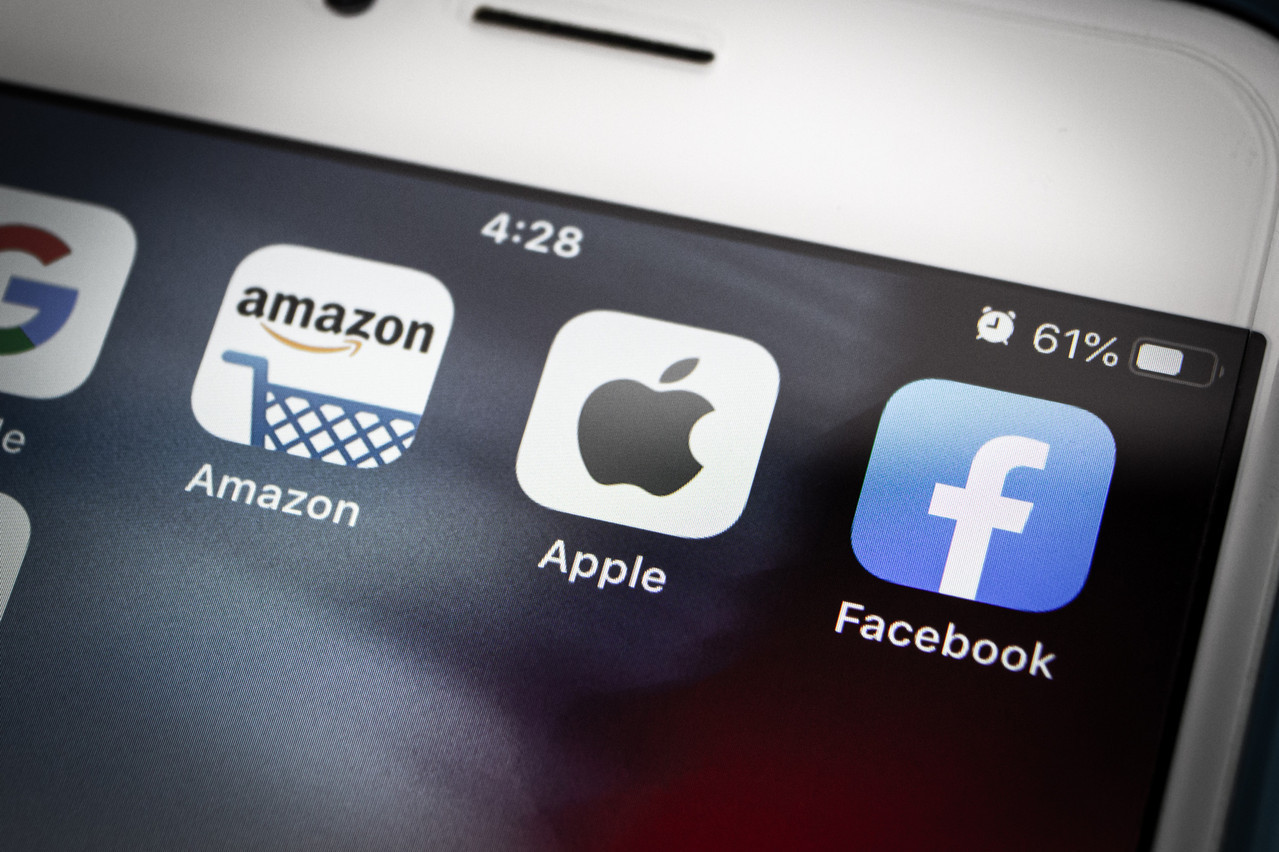The Digital Services Act is officially in force. It is described as the European Union’s response to the illegal content that can be found on major digital platforms such as Google, X (the social media platform formerly known as Twitter), Facebook and Tiktok.
According to this European regulation, web platforms with more than 45m active users per month in Europe must comply.
Read also
The 19 biggest digital players--including Apple, Google, Microsoft, YouTube, Amazon, Facebook, LinkedIn, Wikipedia, TikTok, Snapchat, Instagram, X (formerly known as Twitter), Alibaba and Booking--will now have to implement a series of measures to create a safer digital space in which the fundamental rights of all users of digital services are protected.
Fines of up to 6% of turnover
In concrete terms, they will have to put in place tools that allow users to easily report illegal content and so that it can be removed as quickly as possible.
The DSA is also very strict when it comes to protecting minors. Minors will no longer be able to be targeted by advertising, nor will ads be able to use sensitive data such as religion or sexual orientation.
Brussels will also monitor the algorithms used by the web giants, which will have to clearly explain to their users why and how certain information is recommended to them. The European Commission will have supervisory and sanctioning powers: examples include fines of up to 6% of annual turnover, or even temporary exclusion from the internal market in the event of serious and continuous infringements.
In the words of the European commissioner for the internal market Thierry Breton, the DSA should put an end to the “digital wild west. When the European Parliament voted on the directive in January 2022, : “A new sheriff is in town--and it goes by the name #DSA.”
This article was first published in French on . It has been translated and edited for Delano.
